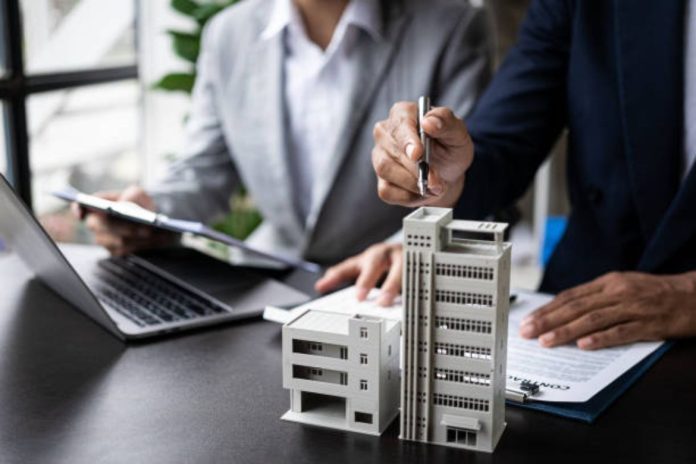Property development is a dynamic and multifaceted industry that encompasses everything from residential projects to commercial complexes. Among its various sectors, retail real estate plays a pivotal role. This blog explores the significance of retail real estate within property development, examining its impact on urban landscapes, economic growth, and community building.
Understanding Property Development
Property development involves the process of creating new buildings or transforming existing ones to meet various needs such as residential, commercial, and industrial purposes. It requires a blend of skills including financial acumen, project management, architectural design, and an understanding of market trends. Successful property developers are adept at navigating these complexities to deliver projects that are both profitable and beneficial to the community.
The Role of Retail Real Estate in Property Development
Retail real estate, which includes shopping centers, malls, and standalone retail stores, is a critical component of property development. It not only provides spaces for businesses to operate but also contributes significantly to the economic vitality of a region. Here’s how retail real estate influences property development:
Economic Catalyst
Retail real estate acts as a catalyst for economic growth. The development of retail spaces creates jobs, stimulates local economies, and attracts further investment. Successful retail developments can transform underutilized areas into bustling economic hubs, driving growth and increasing property values in surrounding areas.
Community Development
Retail spaces play a vital role in community development. They provide essential services, recreational opportunities, and social interaction spaces, enhancing the quality of life for residents. Mixed-use developments that incorporate retail spaces alongside residential and office units are particularly effective in creating vibrant, livable communities.
Urban Revitalization
One of the most significant contributions of retail real estate to property development is its role in urban revitalization. Transforming dilapidated or underused urban areas into thriving retail hubs can breathe new life into cities. These projects often include modern amenities and infrastructure improvements, attracting more residents and businesses to the area.
Trends in Retail Real Estate Development
The retail real estate sector is continuously evolving to meet changing consumer preferences and market dynamics. Here are some current trends shaping the future of retail real estate in property development:
Sustainable Development
Sustainability is increasingly important in retail real estate development. Developers are incorporating green building practices, energy-efficient technologies, and sustainable materials into their projects. These efforts not only reduce the environmental impact but also appeal to environmentally conscious consumers and tenants.
Experiential Retail
The rise of e-commerce has shifted the focus of physical retail spaces towards providing unique, immersive experiences that cannot be replicated online. Experiential retail involves creating engaging environments that attract customers through events, interactive displays, and personalized services. This trend is redefining how retail spaces are designed and utilized within property development.
Technology Integration
Technology is playing a crucial role in the evolution of retail real estate. Smart building technologies, data analytics, and digital marketing strategies are being used to enhance the efficiency and appeal of retail spaces. Developers are leveraging these technologies to improve customer experience, optimize operations, and increase profitability.
Challenges in Retail Real Estate Development
Despite its potential, retail real estate development faces several challenges:
Market Fluctuations
Economic downturns, changing consumer behaviors, and market saturation can impact the viability of retail projects. Developers must conduct thorough market research and maintain flexibility to adapt to these fluctuations.
Regulatory Hurdles
Navigating zoning laws, building codes, and other regulatory requirements can be complex and time-consuming. Successful developers need to work closely with local authorities and stakeholders to ensure compliance and smooth project execution.
Competition from E-commerce
The growth of online shopping poses a significant challenge to traditional retail spaces. Developers must innovate to create compelling reasons for consumers to visit physical stores, such as offering unique experiences and integrating digital technologies.
Conclusion
Retail real estate is a cornerstone of property development, driving economic growth, enhancing community life, and revitalizing urban areas. As the industry continues to evolve, developers must embrace sustainability, experiential retail, and technology to stay competitive and meet the needs of modern consumers. Despite the challenges, the future of retail real estate in property development is filled with opportunities to create vibrant, dynamic spaces that benefit both businesses and communities.








